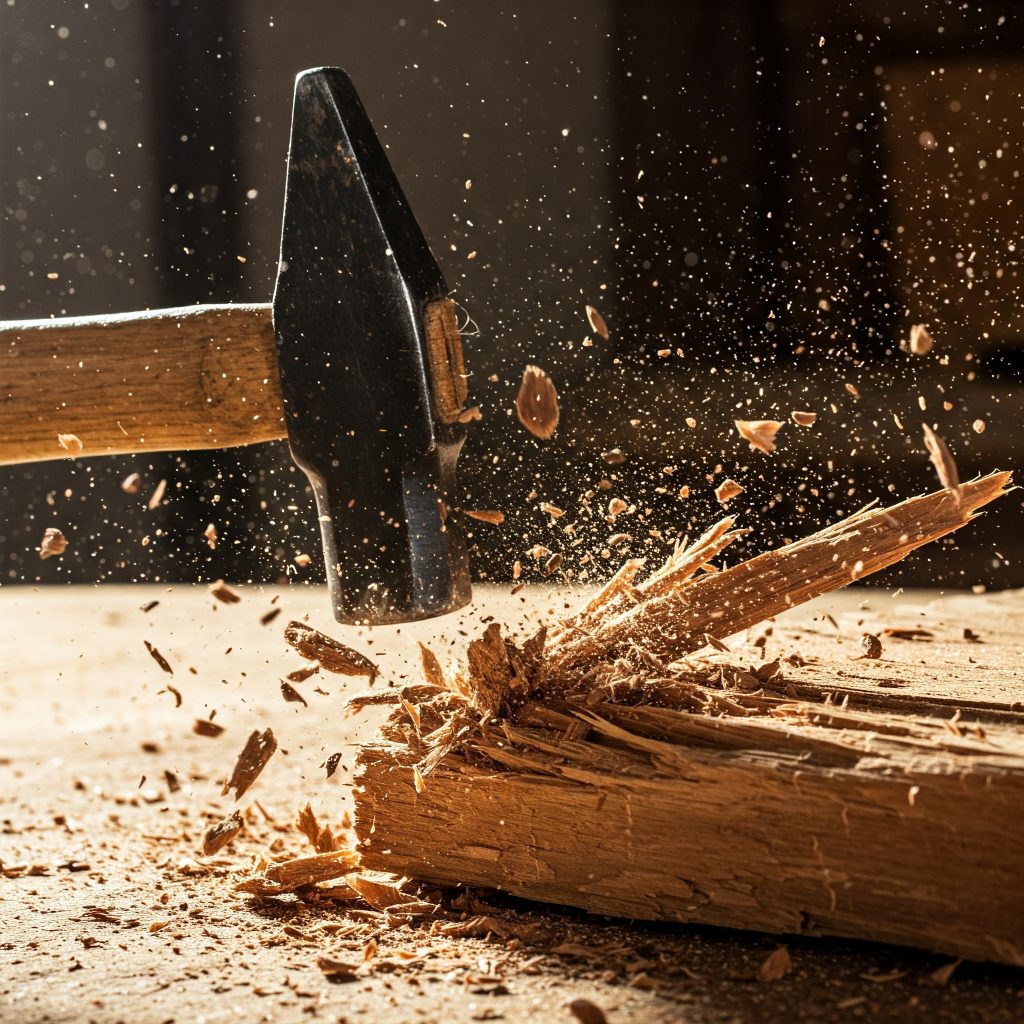
Exploring the World’s Hardest Woods: Nature’s Most Durable Creations
When it comes to wood, hardness is a key factor that determines its durability, strength, and suitability for various applications. From furniture-making to flooring, the hardest woods in the world are prized for their ability to withstand wear and tear, resist damage, and last for generations. But what makes a wood “hard,” and which species top the list? Let’s dive into some of the hardest woods on the planet and discover what makes them so extraordinary.
What Makes Wood Hard?
The hardness of wood is measured using the Janka hardness test, which calculates the force required to embed a steel ball halfway into a piece of wood. The higher the Janka rating, the harder the wood. While many factors influence a wood’s hardness, including density and grain structure, the hardest woods are often slow-growing species that develop incredibly dense fibers over time.
1. Quebracho (Schinopsis spp.)
Native to South America, Quebracho is one of the hardest woods in the world, with a Janka hardness rating of 4,570 lbf (pounds-force). Its name literally means “ax-breaker” in Spanish, a testament to its incredible density. Quebracho is so tough that it’s often used for heavy-duty applications like railroad ties and tool handles. Its rich reddish-brown color and resistance to decay also make it a favorite for outdoor furniture and decking.
2. Lignum Vitae (Guaiacum spp.)
Lignum Vitae, or “Tree of Life,” is a tropical hardwood with a Janka rating of 4,500 lbf. Found in the Caribbean and Central America, this wood is not only incredibly hard but also naturally oily, making it self-lubricating and highly resistant to water. Historically, it was used for shipbuilding, particularly for propeller shafts and bearings. Today, it’s prized for carving and decorative purposes due to its striking greenish-brown hue.
3. Australian Buloke (Allocasuarina luehmannii)
With a Janka hardness of 5,060 lbf, Australian Buloke is often considered the hardest wood in the world. Native to Australia, this ironwood is so dense that it sinks in water. While it’s challenging to work with due to its extreme hardness, it’s used for specialty items like turning blanks, tool handles, and even musical instruments.
4. African Blackwood (Dalbergia melanoxylon)
African Blackwood, with a Janka rating of 3,670 lbf, is a dense and fine-grained wood native to Africa. It’s highly sought after for its rich, dark color and exceptional durability. This wood is a favorite for crafting musical instruments, particularly clarinets and oboes, as well as fine furniture and decorative items.
5. Ipê (Handroanthus spp.)
Ipê, also known as Brazilian Walnut, boasts a Janka hardness of 3,684 lbf. This South American hardwood is renowned for its strength, resistance to rot, and stunning golden-brown to olive-green color. It’s a popular choice for outdoor decking, bridges, and even marine applications due to its ability to withstand harsh weather conditions.
Why Choose Hardwoods?
While hardwoods are more challenging to work with due to their density, they offer unmatched durability and longevity. They’re ideal for high-traffic areas, outdoor projects, and any application where strength and resilience are paramount. Additionally, many of these woods have unique colors and grain patterns, making them as beautiful as they are functional.
In a world where sustainability is increasingly important, it’s worth noting that many of these hardwoods are slow-growing and sometimes endangered. Responsible sourcing and alternatives like engineered wood can help preserve these remarkable species for future generations.
Whether you’re a woodworker, designer, or simply a nature enthusiast, the world’s hardest woods are a testament to the incredible diversity and strength of the natural world. From the ax-breaking Quebracho to the musical African Blackwood, these woods remind us of the beauty and power of nature’s creations.

Leave a Reply